Mary Todd Lincoln’s Tragic Ending After Abraham Lincoln’s Early Demise
Mary Todd Lincoln was a controversial first lady. Tragedies marred her life, and she was no stranger to loss in her early years. She knew a great deal of sadness before marrying Abraham Lincoln.
She rose to fame in Washington, D.C., during Abe Lincoln’s presidency, but her attempts to change the world were not always effective. She was often misunderstood. She and other D.C. bigwigs were criticized, and her reputation rankled.
Her entire life was marked by periods of anxiety
Mary had been afflicted with bouts of depression and migraines ever since she was a young child. She turned into a minor shopaholic as a coping mechanism. She frittered away her presidency with expensive dresses and jewelry.

Source: galleryhistoricalfigures.com/ Pinterest
After much study, medical professionals now suspect a physical basis for her depression. However, at the time, this was not the general opinion about her health. Her mental health had been seriously impacted by a series of tragic events that resulted in deep trauma.
The former First Lady's early years
Understanding Mary Todd Lincoln later in life requires a deeper dive into her formative years. Born in Lexington, Kentucky, she was the third of her parents’ four daughters. Her dad ran for office and kept a store to make ends meet for the family.

Source: Patricia Moreland/ Pinterest
He instilled his anti-slavery belief systems into his children and was a member of the Kentucky Colonization Society. He contributed greatly to Mary’s abolitionist worldview by making her question the morality of slavery. However, there were internal contradictions within the family.
Despite their anti-slavery beliefs, her family were slave owners
Robert Smith Todd, Mary’s father, was against the sale of human beings and thought slavery stunted Lexington’s economic development. Despite their anti-slavery beliefs, the Todds kept slaves—one for each family member.

Source: www.susanhigginbotham.com
In the Mary Todd Lincoln home, when Mary Todd found out that one of her family’s slaves was assisting runaways across the Ohio River, she was overjoyed. The family actively participated in the Kentucky Colonization Society, which sought to relocate formerly enslaved people to Liberia.
She experienced loss early on in life
Eliza Todd, Mary’s mother, also had a son after she was born. She gave birth to another son shortly after, but he died at 14 months old. Infant mortality was sadly common during this time period. Eliza produced another son and daughter, bringing the family to eight.

Source: tripadvisor.co.nz
Eliza died at age 31 after giving birth to their final son. Mary was six and devastated by her mother’s death. Mary and her siblings were shocked when her father proposed to another lady six months later.
A Resolute Childhood
Robert Todd and Betsey Humphreys decided to get married. And so, in 1826, Mary not only had to grieve for her mother, but she had to put up with an evil stepmother. Betsey outwardly showed her dislike for the Todd children. She was resentful that she had to empathize with six children who weren’t hers.

Source: tripadvisor.co.nz
Betsey’s cruelty toward the Todd children was legendary. Elizabeth, Mary’s eldest sister, became the family’s de facto “mother” figure. Meanwhile, Mary’s father and his new wife had nine additional Todds.
Abraham Lincoln became her lifelong sweetheart
She was in Springfield, Illinois, visiting her sister Elizabeth when Abraham Lincoln arrived. He was taking legal classes with Mary’s cousin. Whereas Mary was regarded as socially outgoing and intelligent, Abraham was regarded as an introvert and non-churchgoer—in other words, dangerous.

Source: www.posterazzi.com
When the two met, the sparks didn’t exactly fly. Mary described Lincoln’s dancing as “the worst.” Mary had been seeking a man with better career opportunities. Lincoln believed he would never be able to compete. Nonetheless, he stuck at it and chased her affection.
Whenever they discussed Lincoln, her sister expressed her disapproval
Elizabeth was initially against Lincoln. She didn’t believe he was right for Mary and knew she wouldn’t give up control of the marriage. She tried for two years to divide Abe and Mary (or Molly, as Abe nicknamed her).

Source: www.wcml.org.u
In 1841, she was relieved to hear that an argument had led to the couple’s separation. Lincoln was running late to pick her up, so Mary left without him after having been chatted up by another guy at the party. The breakup was devastating for both of them.
Rekindling their love
A mutual friend encouraged Mary and Lincoln to get back together and reconnect as friends again—friendship—rather than a cool-off. But eventually, love won out. However, many observers gossiped that politics was their only bond.
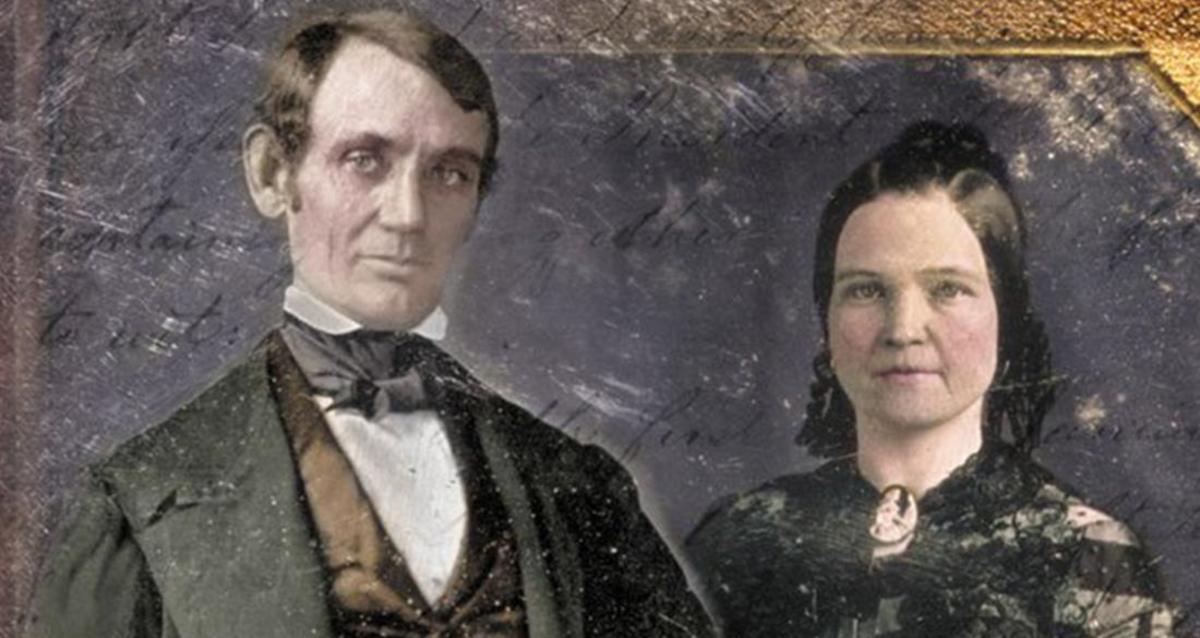
Owlcation
Her father and stepmother did not bother to show up for the ceremony. After getting married, she continued to flirt. When Mary didn’t get any attention from Lincoln, she would find it from other men. Their first son was born nine months after their wedding.
Threats against the family
By the time Lincoln became president, the couple had already gained a name in politics. When the new president took the train to Washington D.C. he wanted Mary and their children to take another route due to assassination threats.
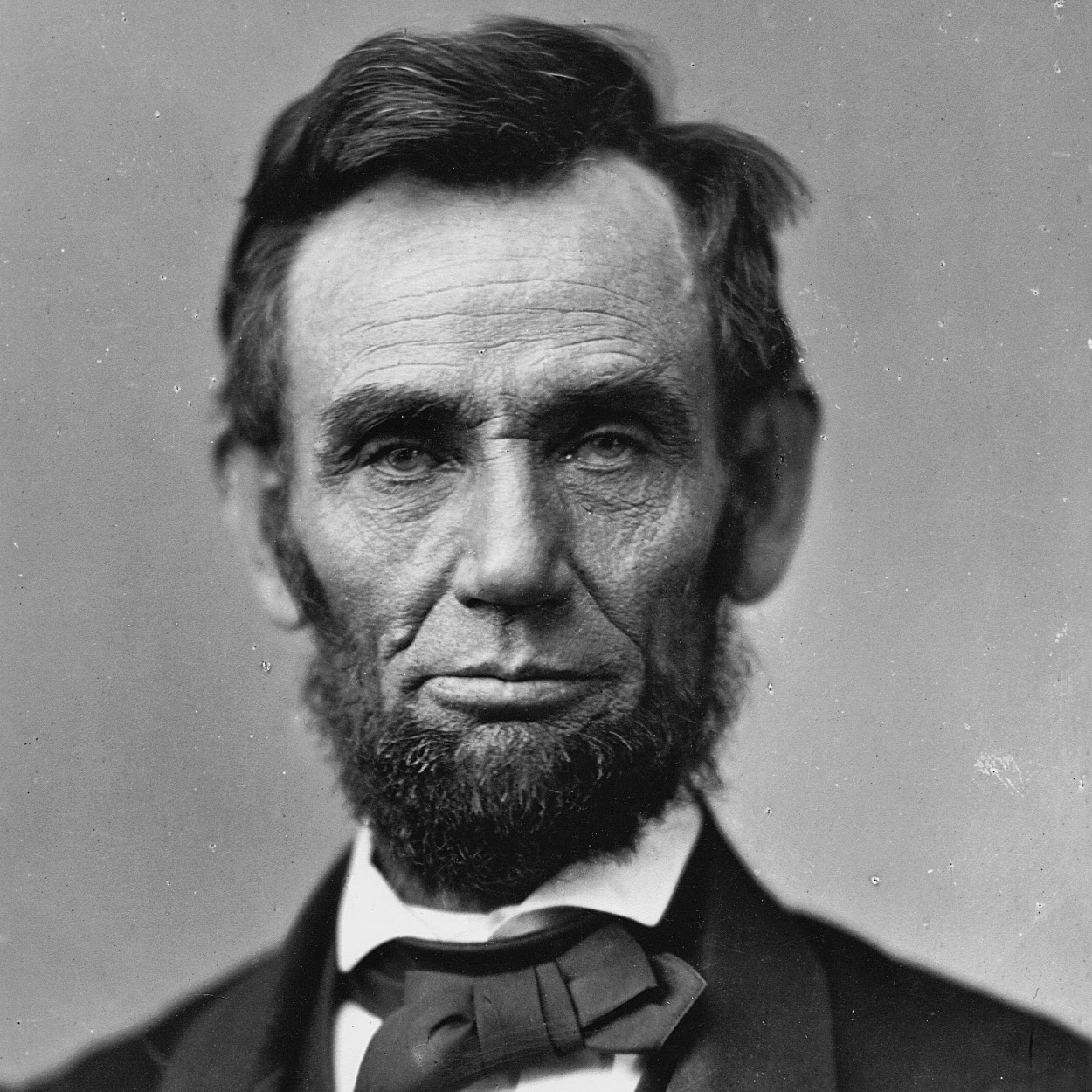
The White House
A general convinced him that this was unnecessary because an assassination attempt would be less likely with the family close by. Mary, herself, received threatening letters with skulls and crossbones drawn on them.
She was not very well-liked in the political community
She apparently had a reputation for being somewhat passive aggressive and many male politicians did not like how involved she was in the presidency. When the country realized the civil war was not going to be a quick one, she threw a lavish party which many felt was inappropriate during wartime.
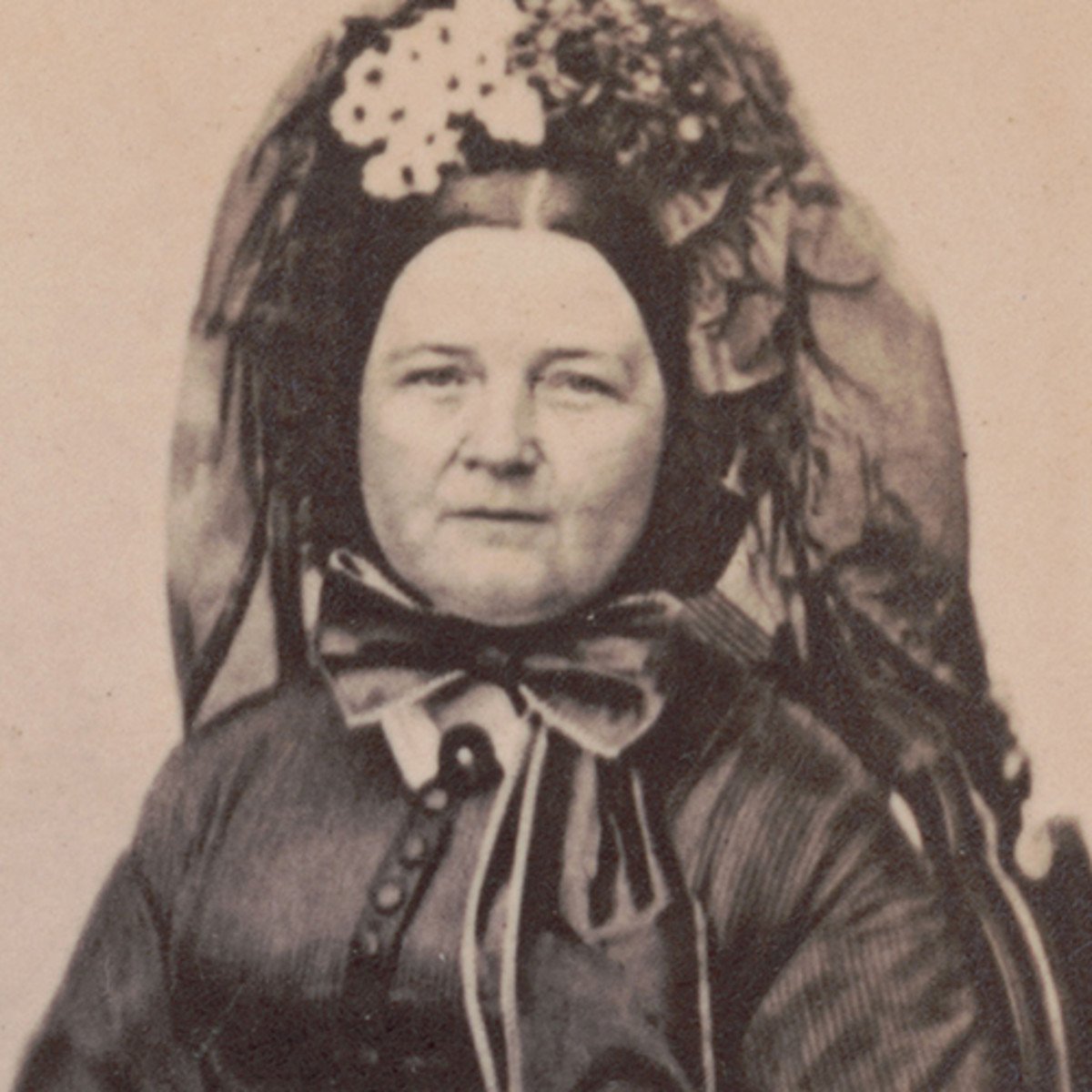
biography.com
Her depression continued to burden her and she continued to spend money to try and forget about it. In addition to new clothes and lavish parties, she completely renovated the White House as well.
She tragically lost her son
Mary’s son, Willie, tragically died at age 11 from what was most likely typhoid fever. Mary fell into a deep depression after the passing of her young son. She remained in bed for weeks after his death. Tad, her other son also became ill and she was unable to take care of him as she was grieving Willie.
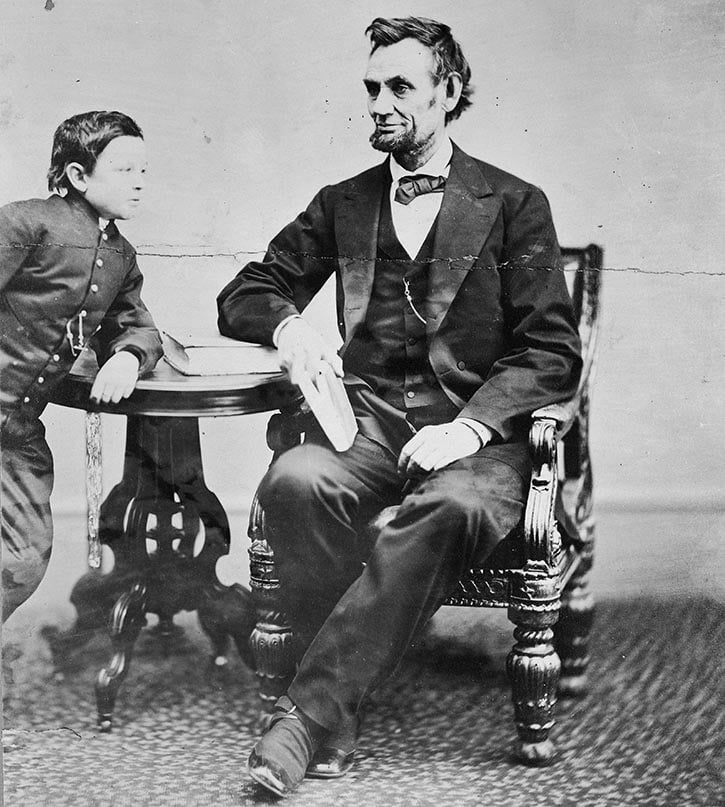
Library of Congress
Her grief manifested in insomnia and horrible nightmares. Abe, on the other hand, would lock himself in Willie’s room every Thursday. Mary could not stand the sight of her son’s things so she shipped them out of the house. She was never quite the same after Willie died.
Mary and Abe began to drift apart
The death of their son drew an even larger wedge between the married couple. Mary noticed that Abe was more and more withdrawn. He was depressed and tired from investing so much in the war efforts that fought to end slavery.
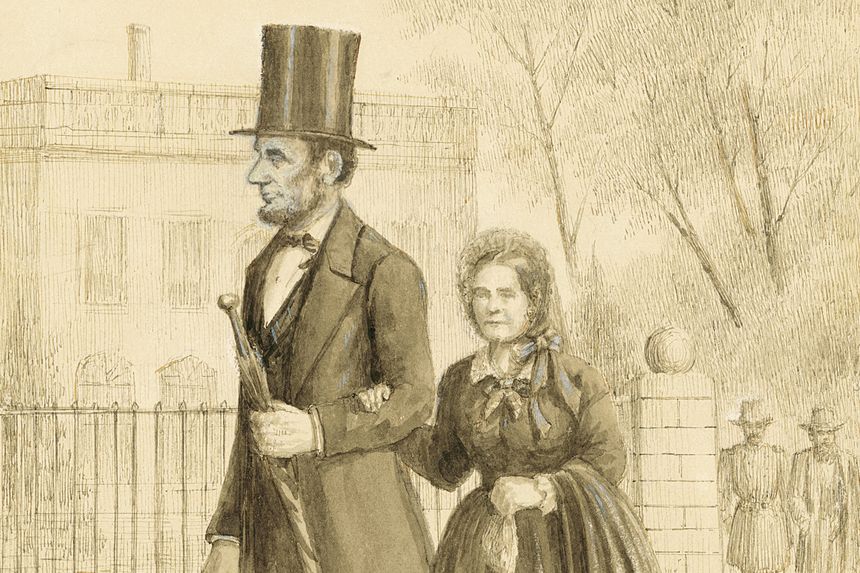
allencbrowne.blogspot.ca
She began to host more of his male friends at the White House to inspire jealousy in her husband. The press constantly commented on her inappropriate relationships and she grew more unfavorable in the public eye.
Lincoln was taken too soon
On April 14, 1865, President Lincoln and Mary Todd Lincoln attended the Ford’s Theater for an evening together to rekindle their romance. An hour and a half into the performance President Lincoln was shot in the back of the head by John Wilkes Booth.
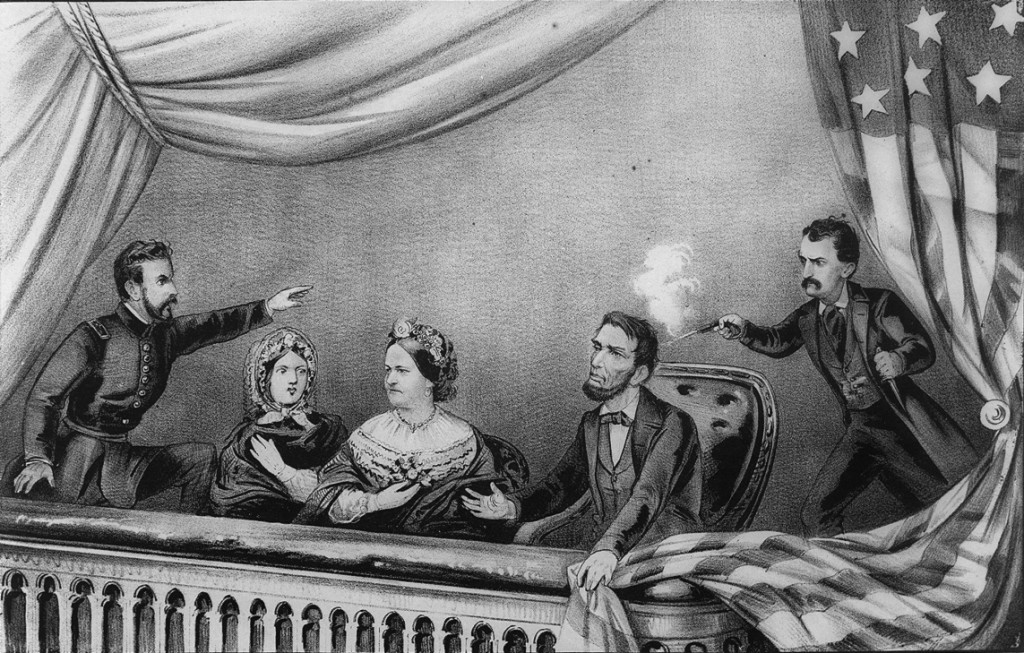
PBS
Mary was hysterical and her screams of grief were heard all throughout the theater. She was removed from her husband’s side and kept in a separate room while doctors tried to save Abe Lincoln’s life. She was bedridden for 40 days following his death and refused any visitors that tried to visit and comfort her.
The next president was not sympathetic to Mary’s grief
Andrew Johnson was to assume the role as president following Lincoln’s assasination. He did not visit her, write a note, or offer any condolences. This angered Mary and so she took as much time to move out of the White House as she could in defiance.
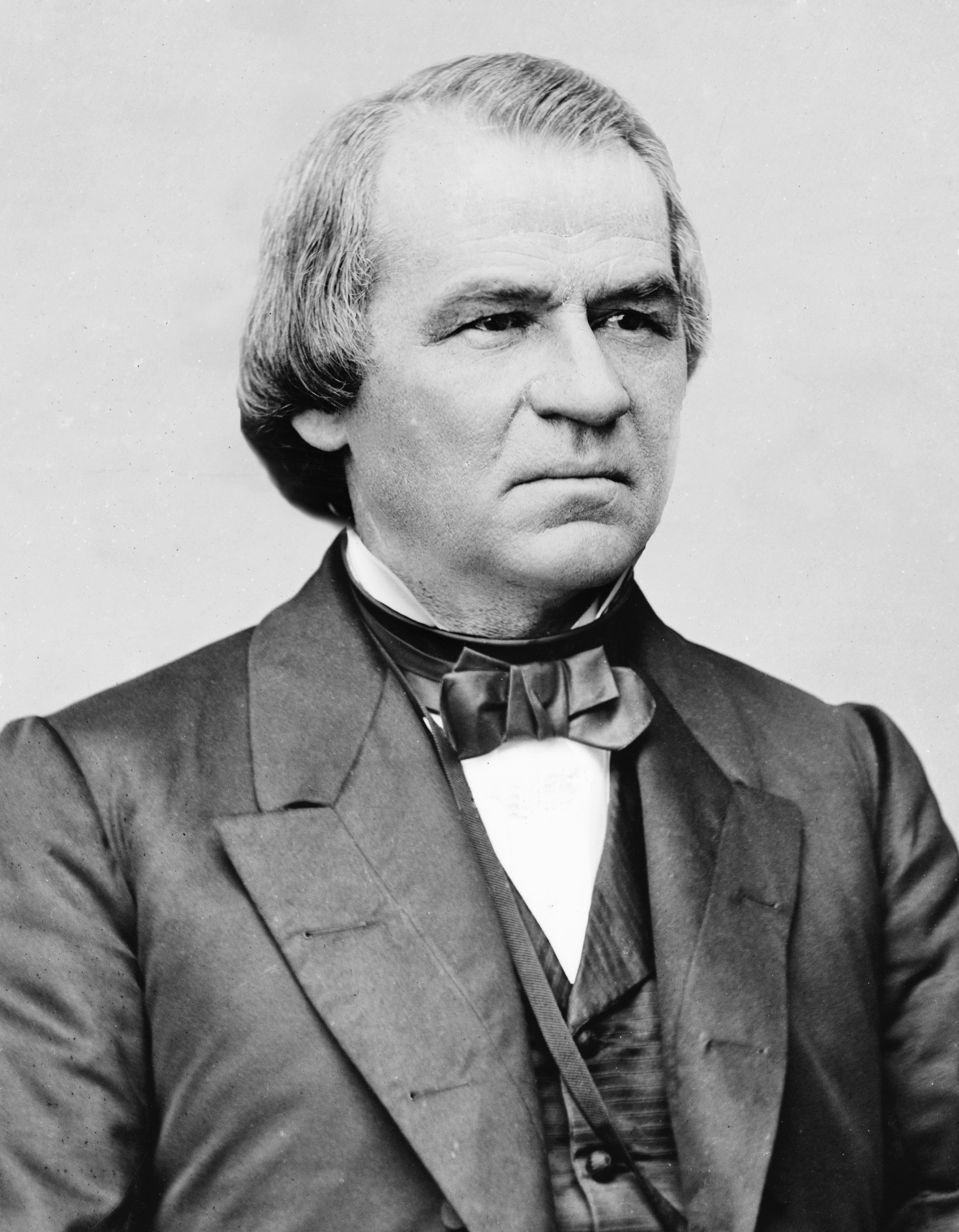
Boulder Weekly
Dragging her feet to leave the White House made the public mock her. She had also accumulated a lot of debt from her lavish lifestyle and she worked to keep that fact hidden to preserve what was left of her reputation in D.C.
